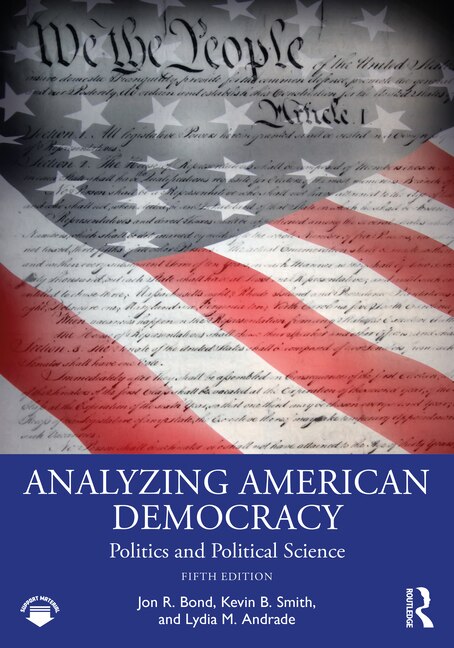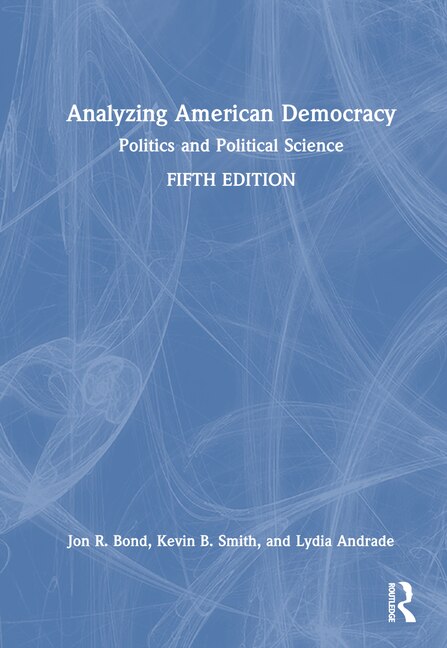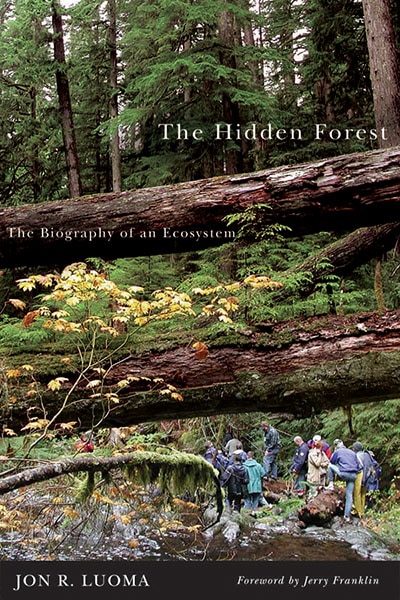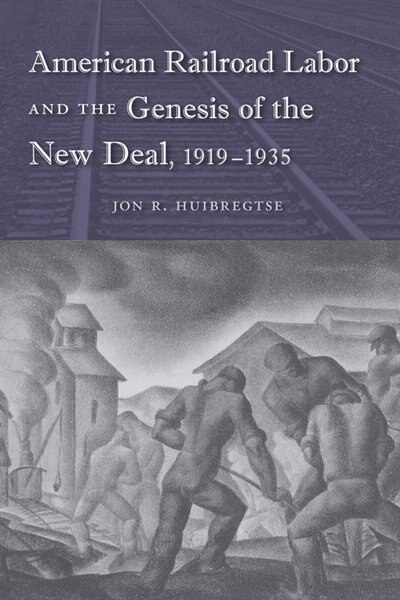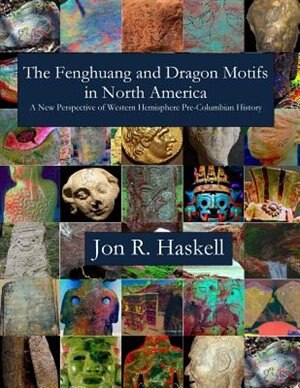
Compare The Fenghuang and Dragon Motifs in North America by Jon R Haskell, Paperback | Indigo Chapters
Jon R Haskell
$16.73
Universally found symbols have long been a subject of debate. One position argues they are a result of independent development and the other, a result of cultural migration. In this paper I argue for the later position by presenting a gallery of tracings of subtle background motifs now known as the Chinese Fenghuang bird pair and a believed to be pre-Neolithic Dragon depiction on various venues including: lithic tools, sculpted heads, figurines, caves, escarpments, stone tablets, buildings and silk monochromatic paintings from both hemispheres. The graphics will illustrate that the motifs first appear on Solutrean lithic material and remained generally unchanged in appearance and positioning relative to each other to later in time Clovis examples from the Cactus Hill and Gault sites in North America, and the Neolithic site of Laonainaimiao in Henan Province China. T More recently in history, I present a sculpted skull from Chavin de Hunatar in Peru dated 1500 BCE bearing the two motifs and which also has diagnostic elements of the Mesoamerican rain gods Chaac and Tlaloc, along with other Mesoamerican examples showing the motifs continued use on Olmec thru Aztec artifacts. Focusing on cultural groups in eastern North America and the upper Ohio River Valley, I present tracings showing the continued use of the motifs by the Paleo-Eskimo in the Sub-Arctic to the more southerly Glacier Kame, Adena, Hopewell and Mississippian cultures. As an art based research project, this paper is heavily graphic dependent with limited commentary, but it will demonstrate that the world has always been a small and there is much to be learned about the history of the Western Hemisphere. | The Fenghuang and Dragon Motifs in North America by Jon R Haskell, Paperback | Indigo Chapters

